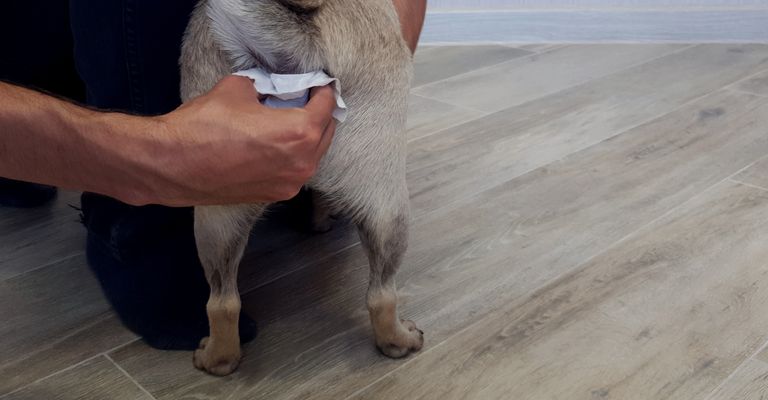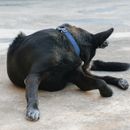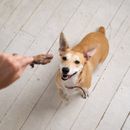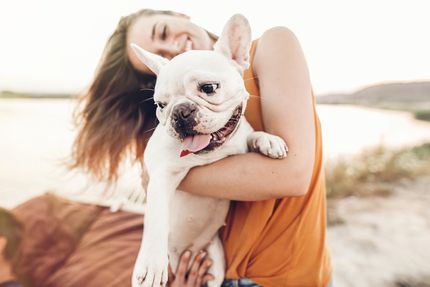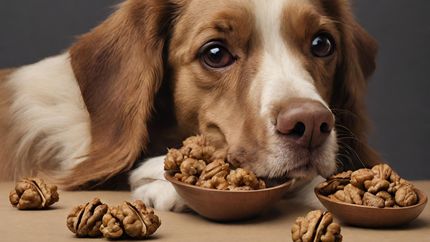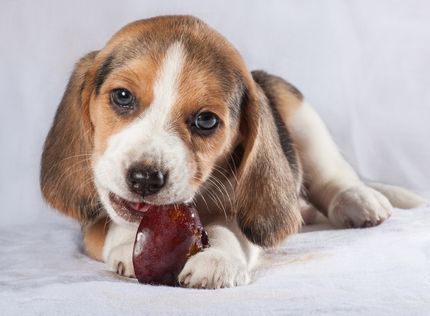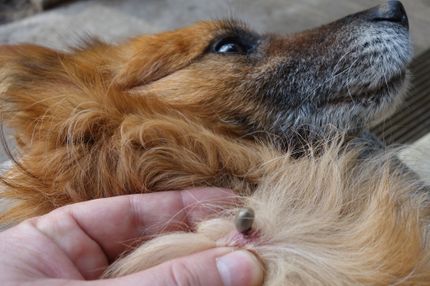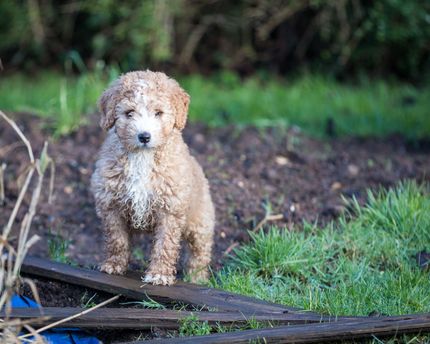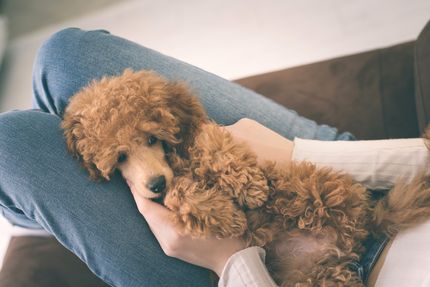If you own a dog, anal glands are an issue that will come up sooner or later. Many dog owners are unaware of the existence of these glands until a problem arises. Here's everything you need to know about anal glands, how to express them and what to do if they burst.
What are anal glands and why are they important?
The anal glands are two small sacs located on either side of your dog's anus. They produce a smelly, oily fluid that leaves individual scent marks. These glands play an important role in dogs' social behavior, as the scent communicates information to other dogs.
Common problems with anal glands
Usually, the glands empty themselves when your dog defecates. However, sometimes this process doesn't work properly and the glands can become blocked or inflamed. Signs of this are that your dog slides its bottom across the floor, frequently licks or bites itself hard and long, or has visible swelling in the anal region.
In addition, burst anal glands or anal gland secretions leave yellowish stains on the couch and carpets. They can also burst when the dog stretches and be spread around the room (squirt). This is the last and clearest sign that the glands should be expressed.
Expressing anal glands: When and how?
If you notice that your dog has problems with the anal glands, you can try to gently express them yourself. However, it is important that you do this correctly to avoid injury.
Step-by-step instructions:
- Preparation: Wear disposable gloves and have paper towels ready. It can be quite a smelly process!
- Positioning: Position your dog so that their rear end is easily accessible. Small dogs can be placed on a table, larger dogs can stay on the floor.
- Expressing: Find the anal glands, which are usually located at 4 and 8 o'clock (if you think of the anus as a clock face). Gently squeeze with your thumb and index finger to empty the glands.
- Aftercare: Clean the area around your dog's anus and dispose of all used materials.
When should you call in a professional?
If you are unsure or the glands are not easy to express, it is better to have a vet or an experienced groomer do it. Incorrect expression can lead to injury and infection.
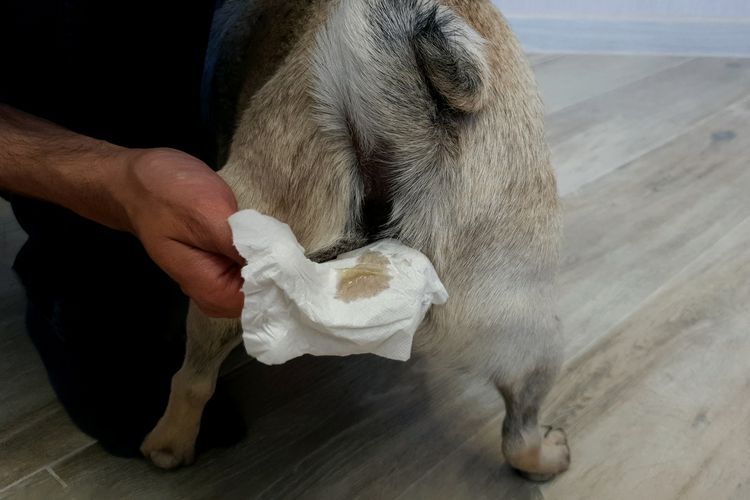
What happens if an anal gland bursts?
A burst anal gland sac is a serious medical problem and requires immediate veterinary attention. Signs of a burst sac include severe pain, swelling, redness and possibly a visible wound or discharge of pus.
Prevention of anal gland problems
There are a few things you can do to prevent anal gland problems in your dog:
- Healthy diet: A high-fiber diet can help firm up your dog's stool, which promotes natural emptying of the anal glands.
- Regular exercise: Exercise stimulates bowel activity, which can also help to empty the anal glands.
- Weight control: Being overweight can increase the risk of anal gland problems.
- Regular checks: Check your dog's anal region regularly for signs of problems.
FAQs about anal glands in dogs
How often do I need to express my dog's anal glands?
This varies from dog to dog. Some dogs never need manual emptying, while others need regular care. Watch for signs of discomfort or swelling.
Can expressing the anal glands harm my dog?
If done incorrectly, yes. It's important to be gentle and not apply too much pressure. If you are unsure, it is better to have it done by a professional.
Are there home remedies that help with anal gland problems?
A high-fiber diet and regular exercise can help, but if the problem is serious, a visit to the vet is essential.
How much does it cost to have the anal glands expressed by a vet?
The cost can vary depending on the vet and region. It's best to ask your vet directly. It can be anything between 30 and 100 euros.
What do anal glands that have burst smell like?
The smell of anal gland secretions in dogs is quite distinctive and quite unpleasant for most people. It is often described as very strong, pungent and fishy. Personally, I think it smells like iron or rust. The smell is intense and penetrating, which makes it particularly noticeable in an enclosed space.
However, this specific, strong odor is important to the dogs themselves, as it serves as part of their communication. Dogs use secretions from their anal glands to mark territory and share social information with other dogs. For humans, however, the smell is usually unpleasant and can be a nuisance in the home environment.
Taking care of your dog's anal glands may not be the most pleasant task, but it is an important part of health care. If you know the signs and how to go about it, you can avoid many problems and ensure your dog stays happy and healthy.
